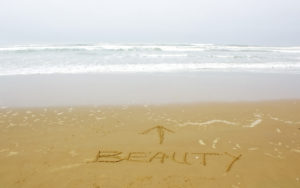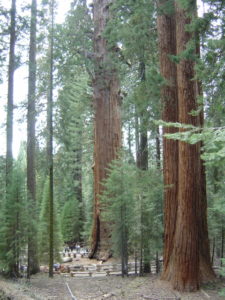We are all looking for ways to add more value to our lives and having money helps. Utilizing affiliate programs are one way of monetizing your online presence but it isn’t right for everyone and is a lot harder to get decent results than people realize.
Can Affiliate Programs Damage Your Reputation?
 Affiliate programs and referrals are an increasingly common way of monetizing your content. A company may ask you to recommend them on your podcast or website using a special link that identifies you. In return, you will receive a percentage of the sales that result from the referral.
Affiliate programs and referrals are an increasingly common way of monetizing your content. A company may ask you to recommend them on your podcast or website using a special link that identifies you. In return, you will receive a percentage of the sales that result from the referral.
It can be an easy and potentially lucrative source of income, but affiliate schemes can impact your personal brand when they turn sour.
When you endorse a product or service, you are staking your reputation on that endorsement. You have built up your readers’ trust, and you are telling your readers they can extend that trust to the company you’re endorsing. But if that company proves to be unreliable, the reader will lose confidence in your judgement, and it will be a long time—if ever—before that trust is restored.
So how can content creators be sure of who they’re tying their reputation to?
There is an element of risk in any endorsement, but carefully vetting affiliates can reduce that risk substantially. Below, you’ll find five basic techniques for appraising affiliate partners. These criteria can help you weed out the riskier propositions, and feel more confident that you’re partnering with a company that’s worthy of your endorsement.
Read the full post at Self Publishing Advice From The Alliance Of Independent Authors

 At some point or other, any indie author must wonder how they really feel about Amazon.
At some point or other, any indie author must wonder how they really feel about Amazon.
 He has sold more than 250 million books, which have been translated into 29 languages. Many of his novels have been filmed including: The Firm, The Pelican Brief, The Runaway Jury, and
He has sold more than 250 million books, which have been translated into 29 languages. Many of his novels have been filmed including: The Firm, The Pelican Brief, The Runaway Jury, and  Consider these stats: Video racks up over 22 billion daily views. It increases the organic reach of social media content by over 100%, compared to photos or text. It ranks toward the top of the first page in Google searches, is popular across demographics, and builds an instant emotional connection with your audience.
Consider these stats: Video racks up over 22 billion daily views. It increases the organic reach of social media content by over 100%, compared to photos or text. It ranks toward the top of the first page in Google searches, is popular across demographics, and builds an instant emotional connection with your audience.
 Have you ever felt out of place? I’m sure. We all have. Meeting the new in-laws. An interfaith church service. Asking the price of a necklace at Tiffany’s. The ER. CIA headquarters in Langley. Strange environments where people are different.
Have you ever felt out of place? I’m sure. We all have. Meeting the new in-laws. An interfaith church service. Asking the price of a necklace at Tiffany’s. The ER. CIA headquarters in Langley. Strange environments where people are different.
 I love to go hear other authors speak. What a kick that Pulitzer Prize winner
I love to go hear other authors speak. What a kick that Pulitzer Prize winner  For me, it’s almost become a cliché answer: “I write because stories have always been my language. I write because my very first memory is telling myself a story.”
For me, it’s almost become a cliché answer: “I write because stories have always been my language. I write because my very first memory is telling myself a story.” So
So 
